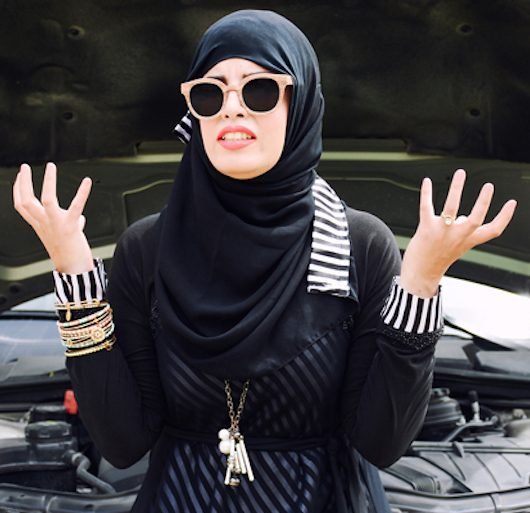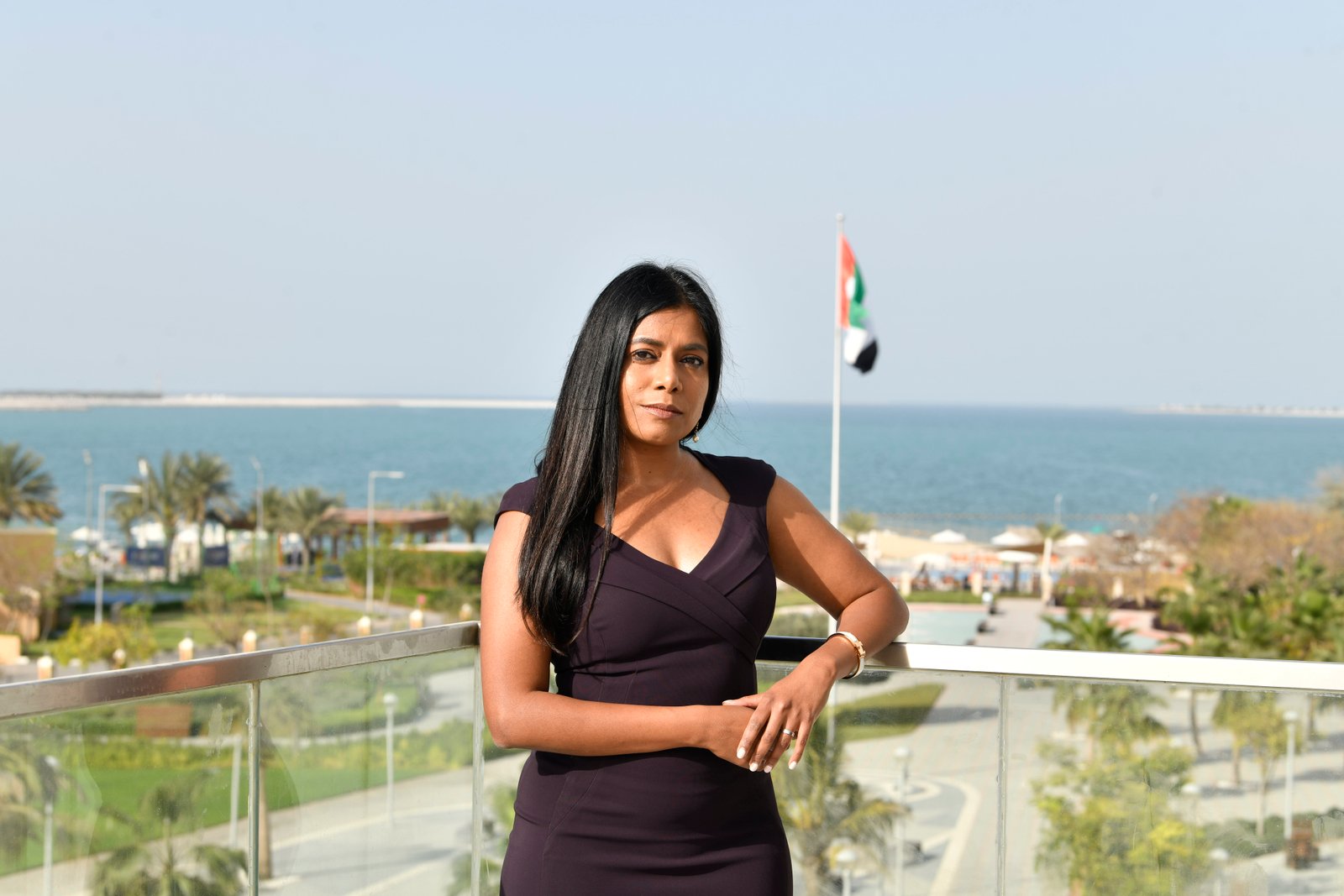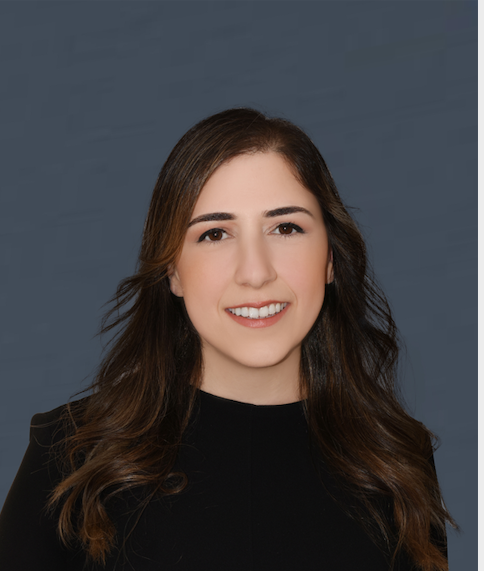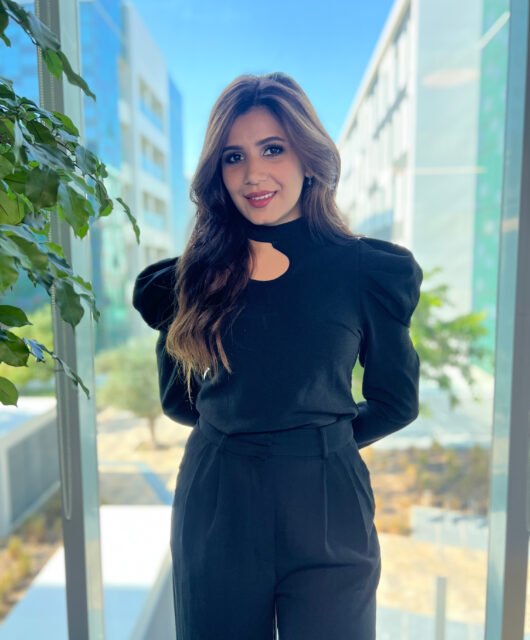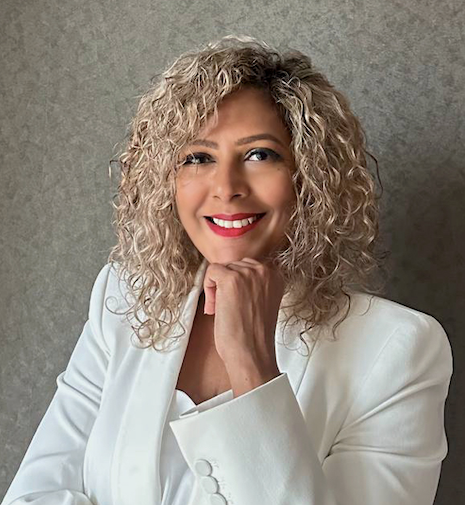The Wonder Women of MENA: Landor & Fitch’s Mariagrazia De Angelis
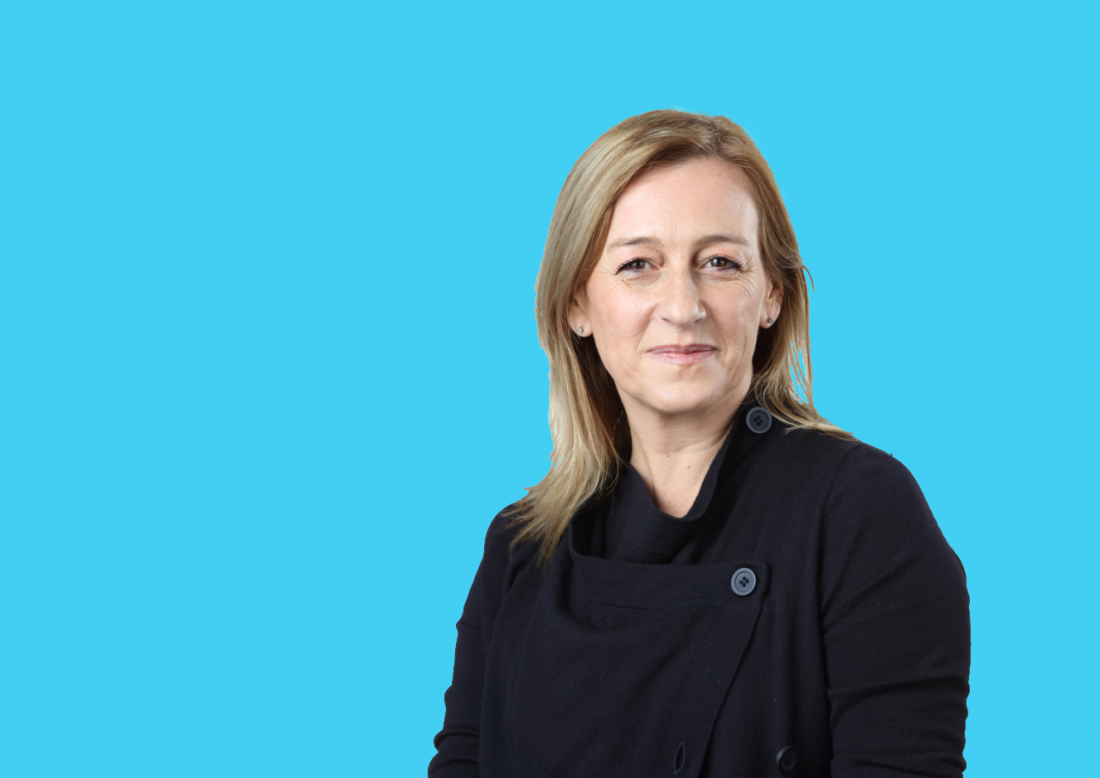
About Mariagrazia De Angelis, General Manager, Landor & Fitch Middle East and Africa
Mariagrazia De Angelis leads the Landor & Fitch operations in the Middle East and Africa and is responsible for delivering outstanding service and extraordinary brand transformations to a wide portfolio of local and international clients.
In the last 15 years in the Middle East, she has led rebranding projects across various industries and geographies, including DXB, du, Shahid, Saudi Space Commission, NEOM, King Salman Park, SNB (Saudi National Bank), Invest Saudi, Alawwal bank, as well as Teliasonera across 12 countries, MIA Museum of Islamic Art in Doha, and Byco in Pakistan.
A frequent speaker and judge at industry events and awards, Mariagrazia is also a regular media spokesperson with recent coverage including Arabian Business, Campaign ME, Transform Magazine and Awards, Communicate and BrandZ’s 2021 UAE report.
Mariagrazia holds a BA in Marketing and Communications from Publitalia ’80 in Milan, Italy, and is an Honors graduate in economics from Libera Università Internazionale degli Studi Sociali (LUISS) Guido Carli in Rome, Italy.
About her thoughts for the industry
For me, there are three key themes to watch in 2023:
AI and data
AI will transform the way creativity is conceived and developed. In a few years our industry is going to look very different from what it is today, and I expect that 2023 will boost this shift bringing new opportunities, as well as new challenges.
As a creative consultancy, we are being asked by our clients for more certainty in the ROI of the branding decisions. Whilst brand is an intangible asset, business is about quantified results. AI helps us to collect and analyze data to then help clients making informed decisions on their brands, track return on every investment, and drive successful brand transformations.
AI and data will also transform the way brand experiences are designed, because they are going to be naturally so much more personalized. AI can analyze vast amounts of data to gain insights into consumer behavior, preferences, and interests. Brands can leverage this data to create personalized content and experiences that resonate with their target audiences. AI-powered tools can help brands develop customized messaging, visuals, and interactions that cater to specific individuals’ needs and preferences. For example, WPP recently introduced scannable brand tech solution – a platform that uses AI to serve content that is personalized and occasion-based, reimagining QR codes to create memorable digital experiences.
Accessibility and personalization as a wider concept of sustainability
The most exciting implications I expect to see is in accessibility space. With the more sophisticated opportunities for personalization, we will be able to go beyond just the ‘size or color’ product versions and tackle real inclusivity problems to solve issues that a lot of different groups experience.
We’ve recently launched an initiative we named {access}ories (https://www.instagram.com/access___ories/) – personalized, 3D printed add-ons to a standard toothbrush that will make the act of brushing teeth less painful for people with dexterity issues. Out of about 1 billion people on this planet having some form of disability, about 25% are experiencing poor oral health because of dexterity limitations. We worked with an initial group with Arthritis, Carpal Tunnel Syndrome and Essential Tremors, co-creating and developing a bespoke digital platform that allows users to design their own personalized handle shape. This accessory can make oral care accessible and desirable for all, so everyone is able to brush their teeth with comfort and ease.
I am happy to see the transition from sustainability being purely part of ESG and corporate reports into creating truly personalized solutions to improve people’s daily lives and increase inclusivity.
Equity
We have all witnessed the significant efforts to promote women’s rights and increase their participation in various aspects of society in the GCC countries that happened over the last few decades. This includes initiatives to improve women’s access to education, increase their employment opportunities, and enhance their political representation. Several countries in the region have implemented policies aimed at increasing women’s participation in the workforce, such as providing paid maternity leave and offering flexible working arrangements. I’ve seen a great change in the role that the women are playing in business culture and development in general in the GCC region.
As a female leader I’m really keen on building an equitable environment. In the past 7-8 years, we’ve made a lot of progress at Landor & Fitch: we’ve achieved gender equality on all levels of our business, our leadership team consists of 46% female and on a larger scale, among all employees it’s about 56%.
But I believe that gender equality is only one of the steps towards equity. We should think bigger. Flexibility is important to make sure that the needs of different people at different stages of their lives are met within the reality and sustainable development of the business.
In our recent discussions with my team, we highlighted one of the most important leader’s traits: open-mindedness to onboard diverse personalities into the team. I think in the future teams that only consist of like-minded people will not allow businesses to move forward, develop and grow sustainably. Business managers and owners will have to understand that by adding various points of view, hiring people that are different from themselves and creating an environment where all these different personalities can cooperate efficiently is very important for any leader. I believe that this is what women bring into the business culture. In 2023, I expect phenomenal transformation of women’s role in shaping the business landscape in the region.

